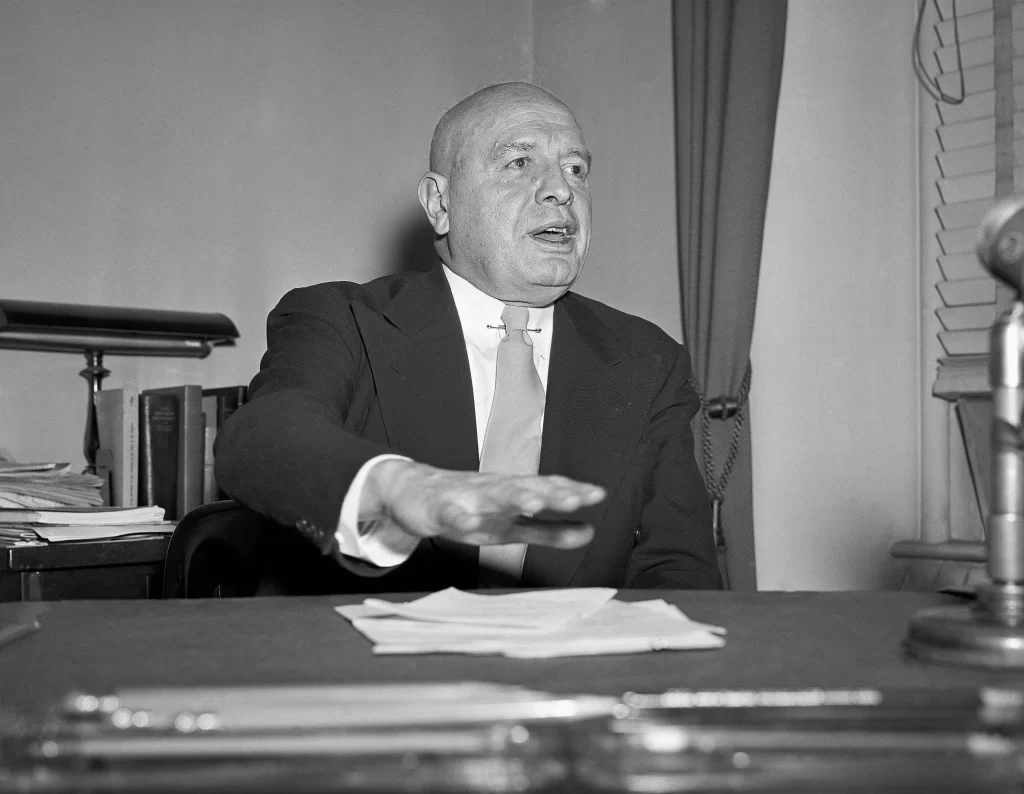Cannabis, often associated with relaxation and tranquility, has been plagued by a negative stereotype for decades. The image of the couch-locked, junk-food-eating, lazy stoner has become deeply ingrained in popular culture. But have you ever wondered how this stereotype originated and whether it holds any truth? In this article, we delve into the historical roots of the lazy stoner myth and expose the racist and politically motivated forces that perpetuated it.

The story begins in 1930 when Harry Anslinger was appointed as the first head of the Federal Bureau of Narcotics (FBN). Facing the Great Depression, Anslinger saw an opportunity to secure job security and funding for the FBN by exploiting racial fears and prejudices. He demonized opium through Chinese immigrants and heroin through black jazz musicians, but these efforts did not yield the desired funding.
The turning point came when cannabis, a widely known and used plant in the United States for centuries, appeared on the scene. Anslinger renamed it “marihuana,” a term associated with Mexican immigrants, in an effort to create fear and association with non-white populations. He claimed that 50% of all violent crimes in areas populated by various ethnicities were due to marijuana use, despite having no evidence to support this claim.
Media mogul William Randolph Hearst amplified Anslinger’s racist theories through his newspapers. Articles fueled racist fears, claiming that marijuana made black men believe they were as good as white men and that white women were seeking relations with black men under its influence. This fearmongering further solidified the lazy stoner stereotype.
In 1969, President Nixon coined the phrase “war on drugs” to capitalize on existing fears of hippies and black communities. By associating marijuana with counterculture and minority groups, Nixon aimed to disrupt these communities. His administration escalated the prohibition of cannabis, leading to increased penalties and the classification of marijuana as a Schedule I substance.
Ronald Reagan furthered the racist narrative by characterizing welfare recipients as lazy and manipulative, tapping into middle-class bigotry against poor minorities. His administration intensified the war on drugs, leading to a surge in arrests and incarcerations, disproportionately affecting black and Hispanic communities.